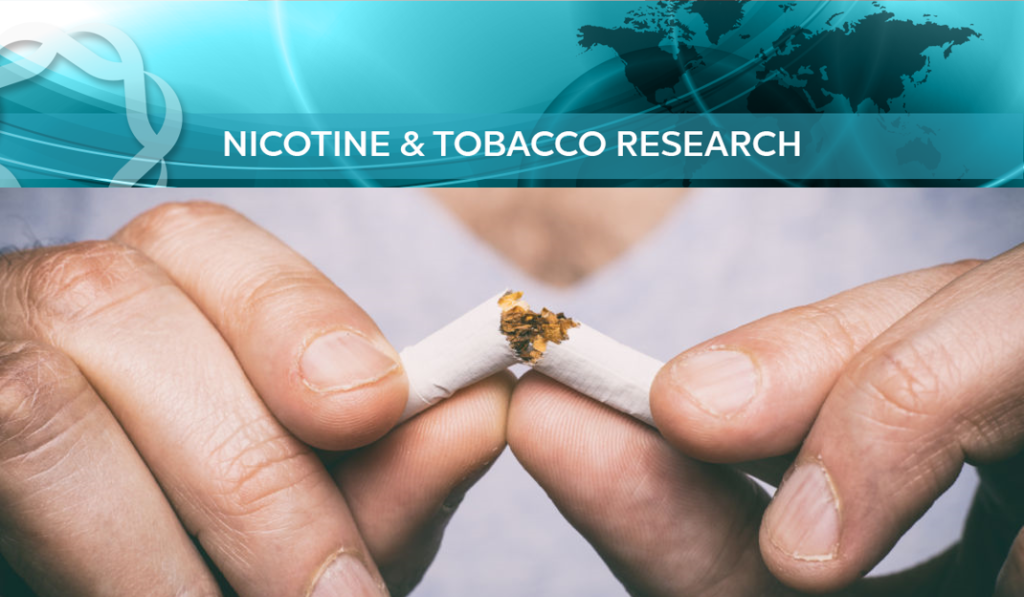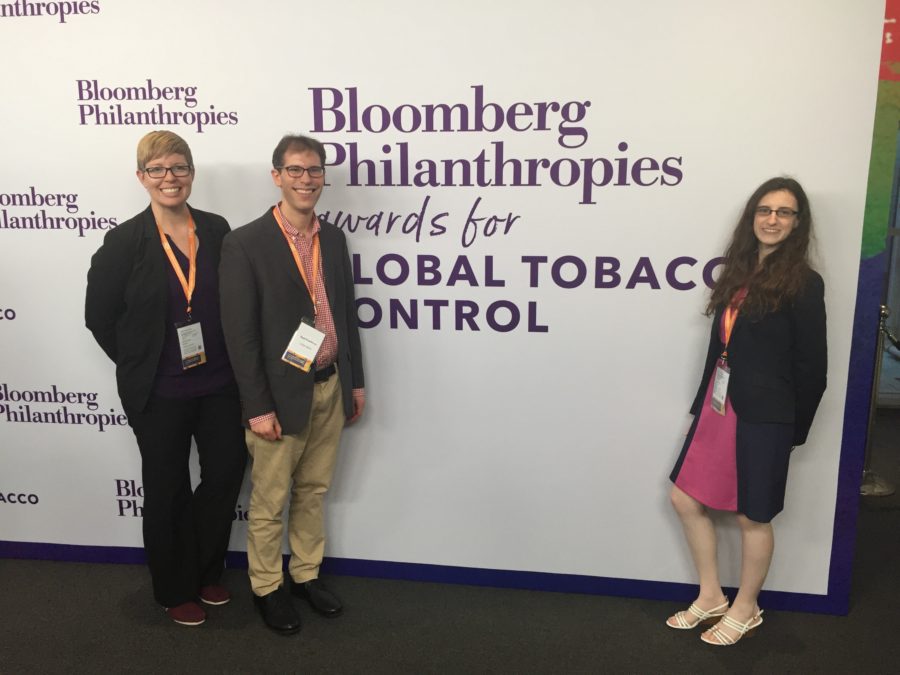Bizzell Supports Development of Comprehensive Report Addressing Smoking Cessation Treatment within Cancer Care Settings

July 27, 2022 (New Carrollton, MD) — The Bizzell Group is proud to provide direct support to the National Cancer Institute, part of the National Institutes of Health, in the development of Tobacco Control Monograph 23—Treating Smoking in Cancer Patients: An Essential Component of Cancer Care. Released on June 29th, the monograph expands upon prior research from the 2014 and 2020 Surgeon General’s reports to inform clinicians and their patients with cancer about the science and practice of quitting smoking. The monograph also builds on recent findings from the National Cancer Institute’s (NCI) Moonshot℠ Cancer Center Cessation Initiative (C3I) program. “The monograph provides evidence that clinicians, public health practitioners, researchers, and patients with cancer can use to help influence real-world change in the treatment of patients with cancer who smoke. I am grateful for the opportunity to collaborate with NCI and subject matter experts to produce a rigorous volume on such an important topic,” said Jenny Twesten, Managing Director of Health Communications & Research at Bizzell, who oversaw the editorial and publication support for the monograph.
Smoking cessation treatment is rarely addressed in cancer care settings, yet the research summarized in the monograph demonstrates that quitting smoking is among the most effective treatment options for improving the likelihood of survival, quality of life, and overall health of people with cancer who smoke. The monograph also provides clinicians with evidence-based strategies and treatment options they can implement to better address smoking with cancer patients.
“Monograph 23 leverages prior academic research to demonstrate that addressing smoking cessation within the cancer treatment protocol yields tremendous benefits. I am greatly appreciative of the rigorous development process led by the Federal staff, Scientific Editorial Committee, peer-review experts, and the Bizzell team” said Anton C. Bizzell, M.D., President and CEO of Bizzell.
To read the full monograph, please visit: https://cancercontrol.cancer.gov/brp/tcrb/monographs/monograph-23
About Bizzell
Established in 2010, Bizzell US is U.S. Small Business Administration (SBA) HUBZone certified strategy, consulting, and technology firm with a mission to improve lives and accelerate change. Bizzell US develops innovative solutions to some of the most critical issues of our time such as health care services equity, global health, workforce innovation and other urgent needs facing the world. Under the leadership and vision of founder, Anton C. Bizzell, MD, the company has grown into a thriving firm headquartered in New Carrollton, Maryland with staff and offices in various regions around the country including California, Colorado, Oklahoma, and Georgia, and globally in Africa, Asia, and Central America. Learn more about how we develop data-driven, research-informed, innovative solutions to complex-real-world challenges. Learn more at BizzellUS.com.




